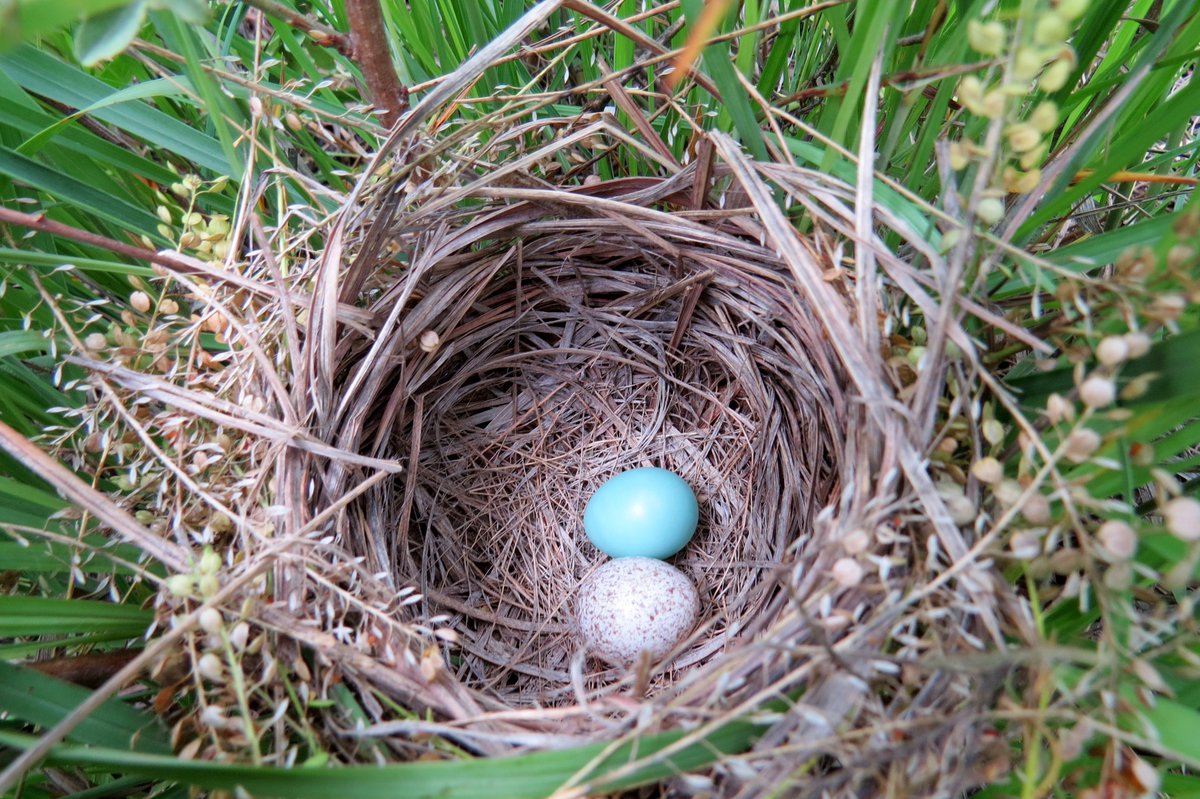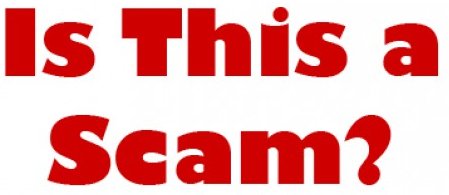We’ve been asked this repeatedly over the past 5 years as we study how selection acts on cognition, using the ultimate bird-brain as our study species
Our @ERC_Research funded project finished this week😪, so here's a 🧵 outlining our findings
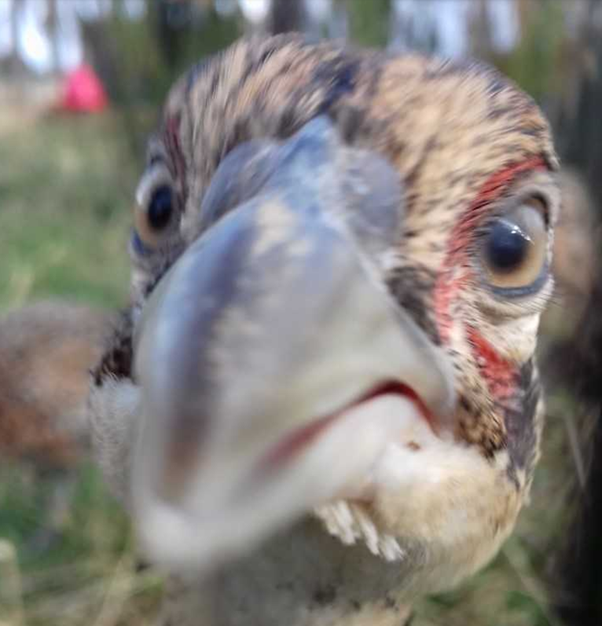
In this thread we’ve set these papers (with links) within the context of our overarching central question.
This figure summarises the thread structure
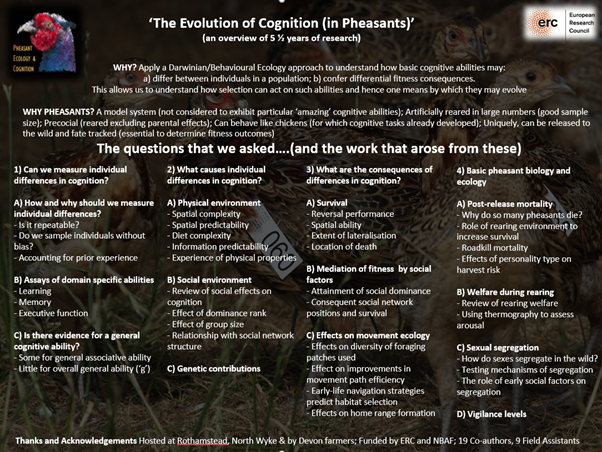
WARNING: If you don’t like pheasants or cognition, now may be a good time to leave
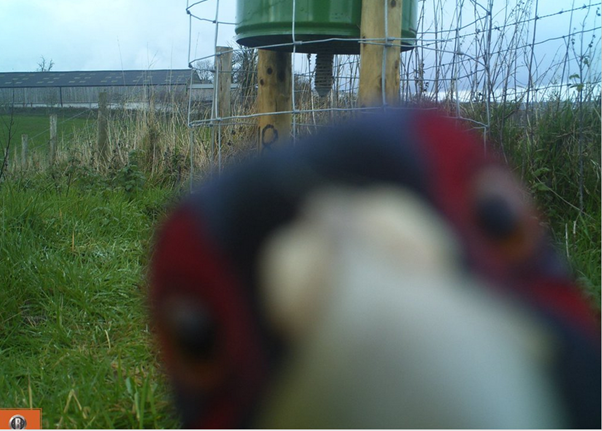
How does natural selection sift individual differences in basic cognitive abilities (learning, memory, executive function) and thus how may such abilities evolve?
Differs from comparative approach usual in cognition studies.
Uses a behavioural ecology approach
Unclear what constrains cognitive exaggeration. Why don’t all individs have rapid learning/perfect memory/faultless executive function?
Why no Einstein pheasants?
Use model system to explore general principles for what maintains variation & drives change in basic cogn
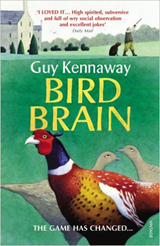
🐥🐥Can be reared in large numbers, under controlled conditions, w/o parents
Can utilise cognitive tasks devised for 🐓🐓
Can be released into wild and fate followed
No evidence of strong selection having acted on specific abilities (e.g. caching or homing)
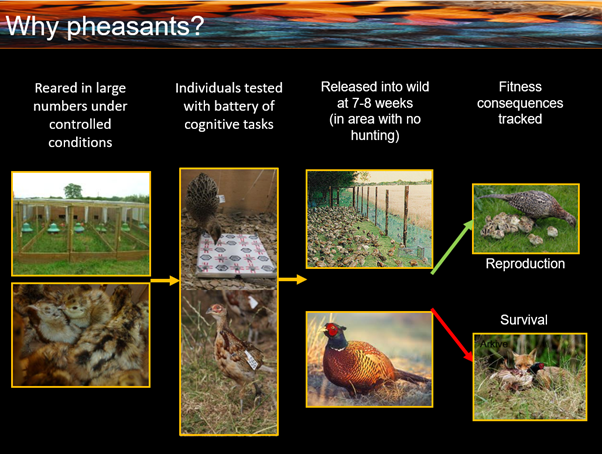
a) How did individuals differ in cognitive performance across a battery of different tasks?
b) What caused these differences?
c) What were the consequences of these differences?
(1 sub-thread per question)
We also explored some natural history along the way
How do individuals differ in cognitive performance across a battery of different tasks?
This involved testing 200 chicks per year, resulting in around 240,000 separate trials
EVERY ONE OF WHICH WAS ADMINISTERED BY HAND🤪😫🤬😱
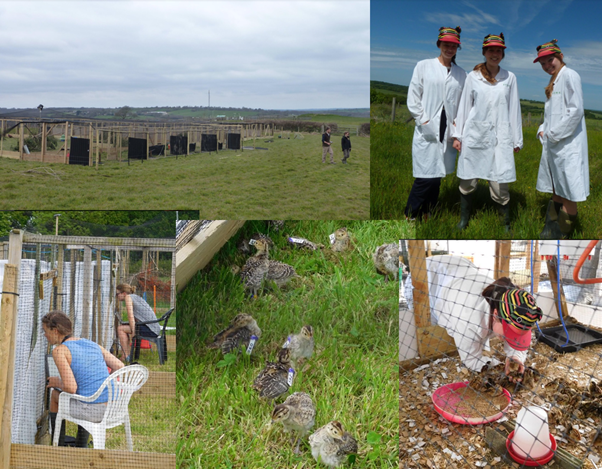
1) how one should measure and interpret individual diffs royalsocietypublishing.org/doi/full/10.10…
2) and how these could be linked to fitness academic.oup.com/beheco/article…
A: Broadly, not very (r = 0.19-0.28), but at levels similar to other behavioural traits commonly studied
royalsocietypublishing.org/doi/full/10.10…
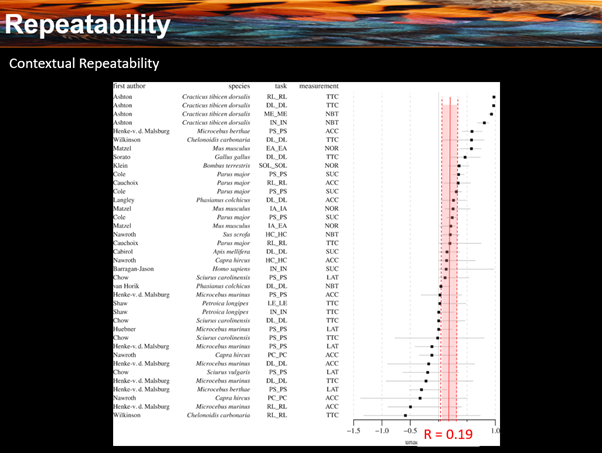
A: With care, we can, but sex, body condition and prior experience can all affect participation in cognitive tasks. Ensure we account for this.
sciencedirect.com/science/articl…
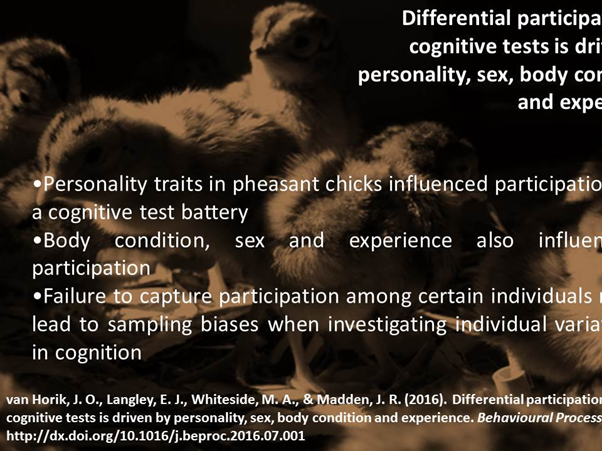
A: Very much! Both subtle experience of physical properties & broader early rearing conditions
royalsocietypublishing.org/doi/full/10.10…
royalsocietypublishing.org/doi/full/10.10…
link.springer.com/article/10.100…
Using some fairly crazy contraptions, a dedicated crew of researchers and a LOT of patience
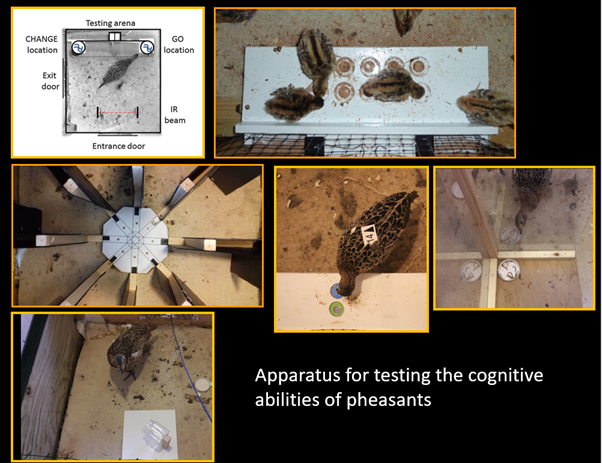
royalsocietypublishing.org/doi/full/10.10…
royalsocietypublishing.org/doi/10.1098/rs…
sciencedirect.com/science/articl…
animalbehaviorandcognition.org/uploads/journa…
peerj.com/articles/5738/
link.springer.com/article/10.100…
royalsocietypublishing.org/doi/full/10.10…
royalsocietypublishing.org/doi/full/10.10…
link.springer.com/article/10.100…
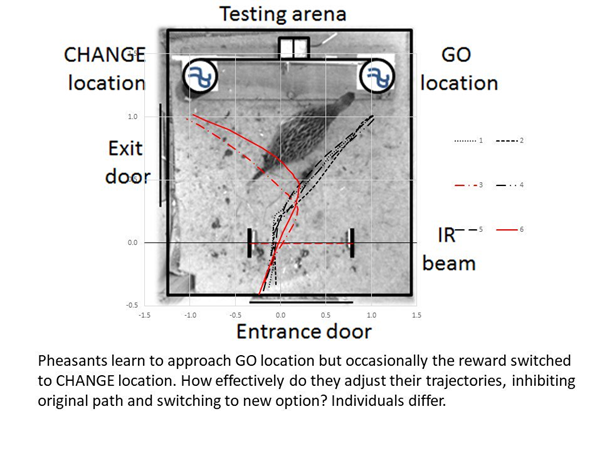
A: Not really. Within tasks assaying similar associative processes, we found some consistency sciencedirect.com/science/articl…
But no single ‘g’ factor emerged across domains royalsocietypublishing.org/doi/full/10.10…
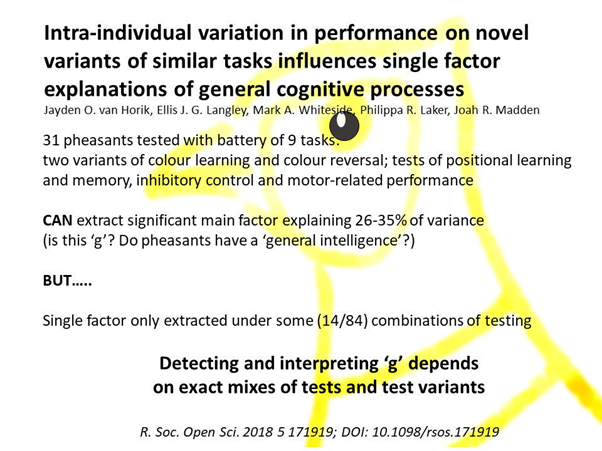
What causes these individual differences in cognitive performance?
Involved: Rearing birds under different conditions; Collaborating w @NERCBAF to build pedigree of >900 birds; Observing social interactions to construct social networks and dominance relationships.
A: Increasing spatial complexity improves spatial working memory royalsocietypublishing.org/doi/full/10.10…
A: Increasing spatial unpredictability improves behavioural inhibition (enrichment?)
link.springer.com/article/10.100…
A: Increasing diet complexity improves motor skills (prey capture)
besjournals.onlinelibrary.wiley.com/doi/10.1111/13…
A: Increasing unpredictability of information in the environment impedes behavioural inhibition
MS in revision Anim Cogn
Review of the relationship between cognition and social factors
royalsocietypublishing.org/doi/full/10.10…
Social factors affect cognitive performance BUT cogn perf also affects social relationships. Complex interplay
A: More dominant individuals show faster learning
royalsocietypublishing.org/doi/10.1098/rs…
A: Unclear whether dominance is cause or consequence of ‘better’ cognition
peerj.com/articles/5738/
A: Birds in bigger groups show faster learning
sciencedirect.com/science/articl…
A: Early-life learning predicts later life assortment and this, but not learning speed itself, predicts survival
MS in revision for J Anim Ecol
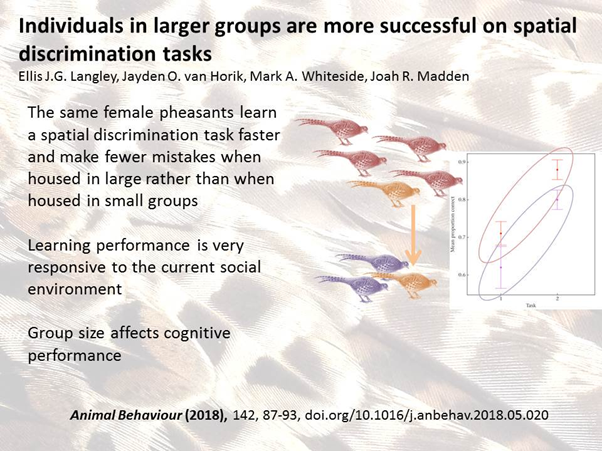
What are the consequences of individ diffs in cognitive performance?
Involved: tracking released birds across Devon; fighting technology👩🔧; building an entire reverse GPS system👨💻; crawling through mud, ditches & hedges to find corpses🥶; scanning >1,000,000 pics🤓
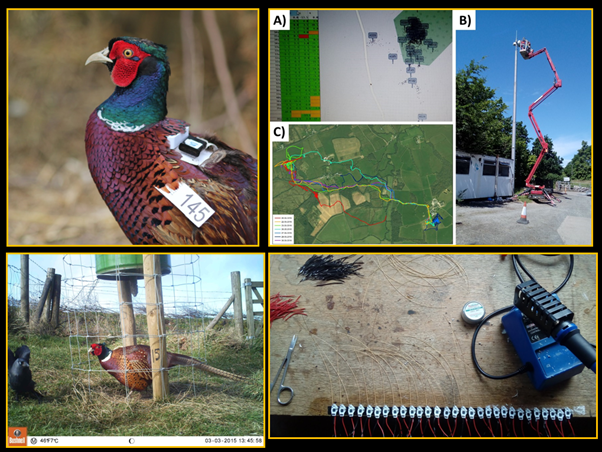
A: Birds w better working spatial memory survive longer
royalsocietypublishing.org/doi/full/10.10…
A: Birds slow to reverse learnt association survive longer
royalsocietypublishing.org/doi/full/10.10…
A: Birds w medium lateralization survive longer
nature.com/articles/s4159…
A: Dominant birds = faster learners but unclear if cause or consequence of dominance
royalsocietypublishing.org/doi/10.1098/rs…
peerj.com/articles/5738/
A: Early-life learning predicts later assortment and this⬆️survival
MS in revision J Anim Ecol
A: Birds with faster spatial learning: use more diverse foraging locations
MS in review w J Anim Ecol
AND show more rapid improvements in movement path efficiency
MS in prep
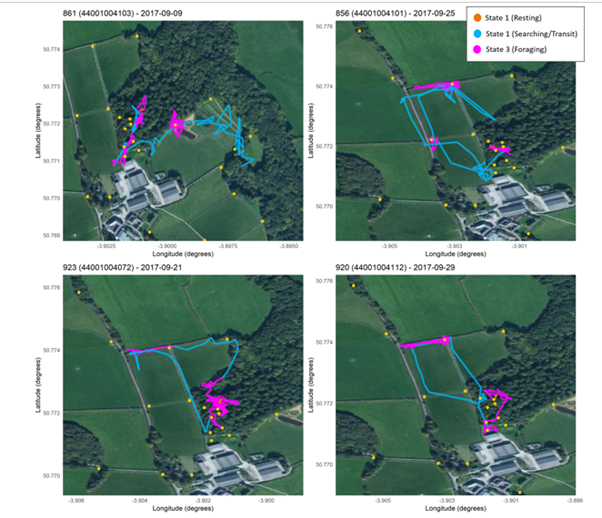
What about pheasant biology?
Despite being most common bird in UK, little is known about their natural history, biology and ecology. Understanding this is critical to behavioural ecology
We also explored issues relating to their rearing & release for shooting
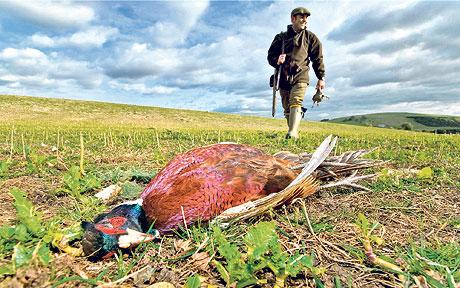
Most released pheasants die in <1 year
We reviewed what kills them link.springer.com/article/10.100…
and explored how rearing conditions can reduce mortality
royalsocietypublishing.org/doi/full/10.10…
besjournals.onlinelibrary.wiley.com/doi/10.1111/13…
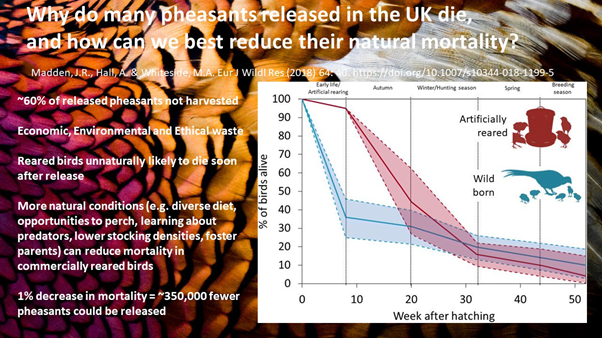
We looked at patterns of pheasant roadkill over time and space
royalsocietypublishing.org/doi/full/10.10…
& how personality predicts when they are shot(!!)
sciencedirect.com/science/articl…
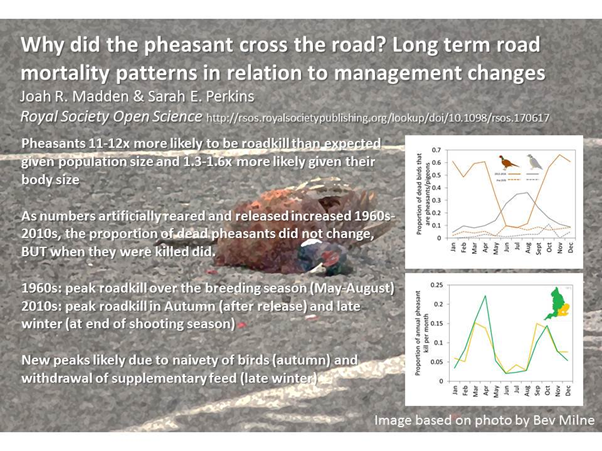
Almost no studies consider the welfare of gamebird 🐥🐥 during rearing. We reviewed the limited work
MS in press at Animal Welfare
We showed that thermography can be used to reveal rapid changes in arousal following frustration
MS in revision at Roy Soc Open Sci
Why do pheasants segregate by sex?
We described changes in segregation over time in the wild
onlinelibrary.wiley.com/doi/abs/10.111…
We tested 3 prior hypotheses
peerj.com/articles/5674/
none applied
BUT early social preferences drove later segregation link.springer.com/article/10.100…
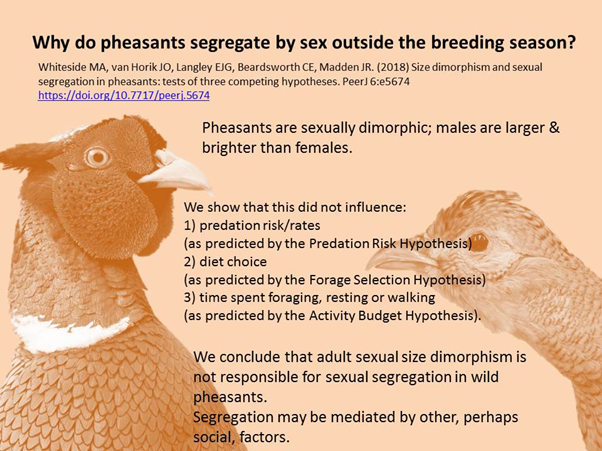
Sexes differ in adjusting vigilance as harem sizes ⬆️
We calculated optimal harem size to maximise predator detection. It ~matches observed harem size sciencedirect.com/science/articl…
(May be our favourite paper – described as ‘old fashioned behavioural ecology’)
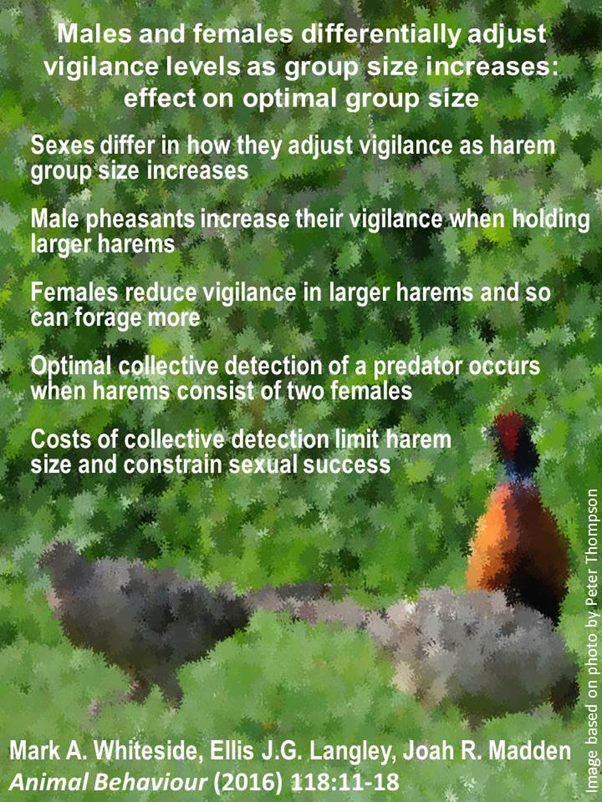
Thanks & Acknowledgements
Field work is HARD
Measuring cognition is HARD
Studying fitness in the wild TAKES A LONG TIME
All this has been a team effort👨👩👧👦👨👩👧👦
Project was only possible b/c of generous 💰💰 for risky research by @ERC_Research and grant from @NERCBAF
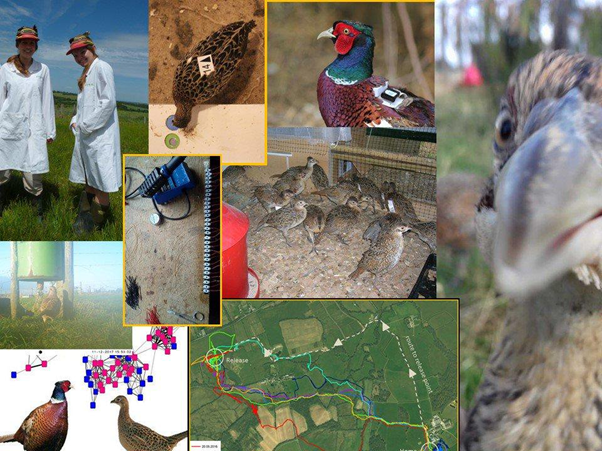
The staff at North Wyke provided phenomenal support👩🍳👨💻👩🔧🤾♀️
Access to neighbouring land was facilitated very generous Devon farmers👨🌾
We loved working in Mid Devon – beautiful in (almost) all conditions
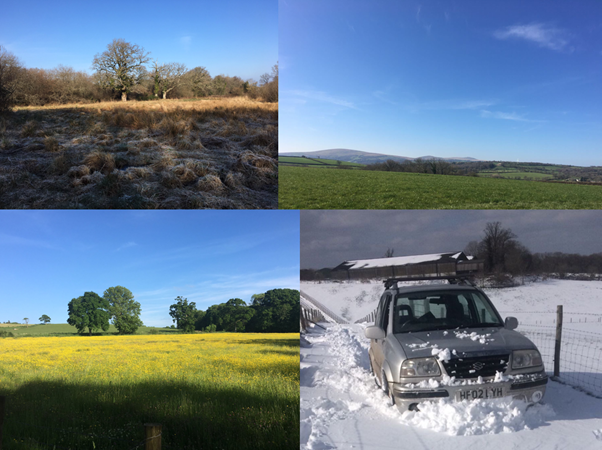
@lucapstick90 @heatherwarrendr @CamilleTroisi @ChristinaHMeier @JayCee_161 @CornishJackdaws @CetaceanMike @NeeltjeBoogert @JMorandFerron @ali__wilson & many others sensible enough not to be on Twitter
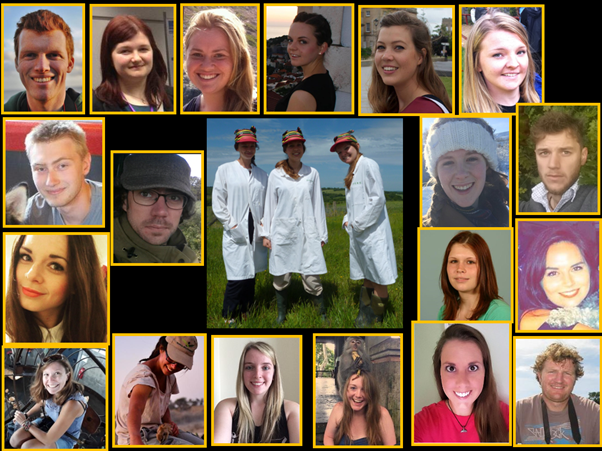
@Jayden_vanHorik @MarkAWhiteside @EllisJGLangley @MsChristineB @PipLaker @rjpheathcote
👏Thanks👏
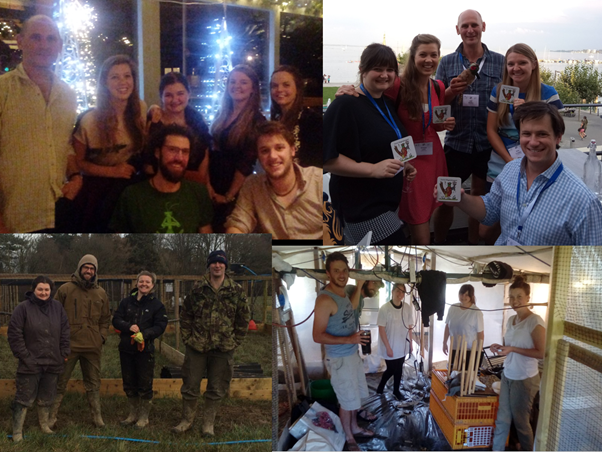
We hope you can see how we spent past 5 years & now understand & empathize with the cognitive world of the pheasant (and cognitive evolution more generally)
So, if anyone asks “Why are pheasants so dumb?”, maybe point them this way




